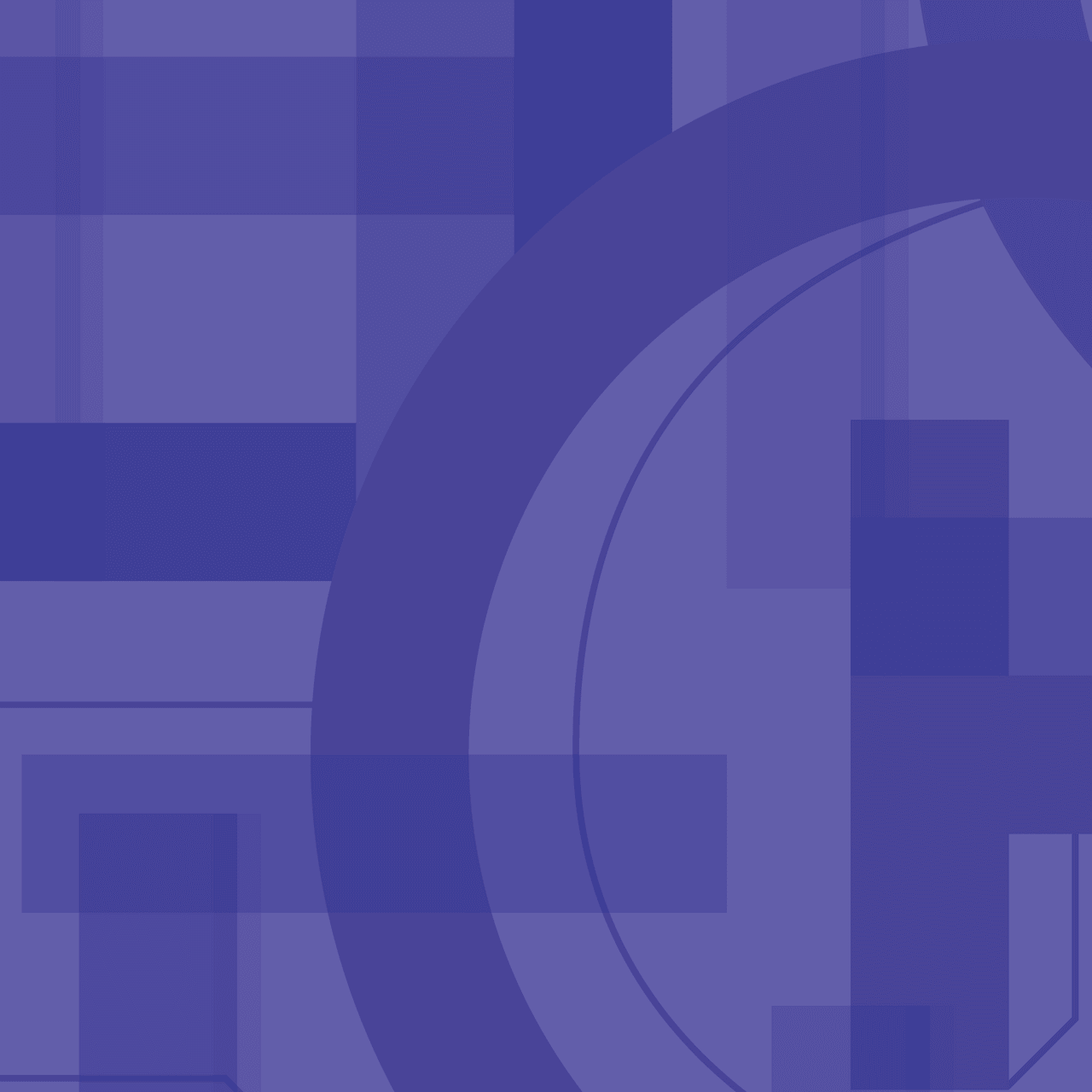Executive Summary
Friction in the workplace is familiar and immediately recognizable in its symptoms: frustration, helplessness, and ultimately defeat. But where friction comes from and how to combat it are less well understood. In this playful and provocative pamphlet, researchers from the Filene Research Institute, in conversation with Filene Fellow Huggy Rao, consider the causes, effects, and cures of organizational friction in order to better understand how to make the important things easier to do (and the unimportant things harder to do) in ways that do not exhaust us.
What is the Manifesto about?
Organizational friction is the effect of systems and processes that overload employees, waste their time, and devalue their work. Specifically, organizational friction results from disregarding a particular kind of work: the work of maintaining technical and institutional infrastructures, sustaining social relationships, and caring for the “organizational commons,” which is made up of shared organizational resources, especially employees’ time and attention. In this report, we explore the following:
- The negative impacts of organizational friction, as well as when it can serve a useful purpose, in slowing processes down or making some things harder to do.
- How to recognize organizational friction’s many forms, including oblivious executives, burdensome rules, the unintended consequences of communication and collaboration and the absence of clear norms and expectations.
- How organizational debt is built up by trading speed today for broken and ineffective systems tomorrow.
- The value of maintenance labor and workers, including managers and bureaucrats.
- How work gets done through social relationships and the gendered dimensions of this work.
- How—and especially how not—to combat organizational friction and protect the organizational commons.
What are the credit union implications?
Even as the frictions of work and life have never been more obvious, the present moment also gives us a unique opportunity to reimagine the kind of work we want.
How can you take action?
- Share the manifesto. Knowledge sharing and community are resources to fight friction.
- Recognize that the work of combating friction cannot be delegated.
- Understand that the work of combating friction has no end point but must be undertaken in an ongoing way.
- Start with those whose jobs it is to manage and organize processes and systems. Seek to listen and understand before you act.
- Fight the impulse to add (initiatives, meetings, reporting, responsibilities); subtract instead.
- Turn to the cooperative movement. While credit unions and cooperatives struggle with friction like any other organization, there are special tools of collective coordination available as part of the cooperative tradition that can be marshaled to protect the organizational commons.












